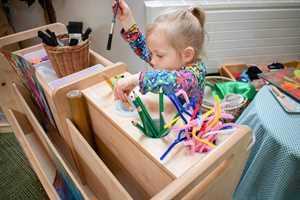Children's Health
Are Your Nursery Children School Ready?
New Nursery Funding and 300 New State Nurseries to Open in England in the Next 12 Months
The Education Secretary Bridget Phillipson has this month pledged that 300 new state nurseries will open across England’s schools by September 2025 - when 30 hours per week of free childcare for eligible parents of pre-school aged children, from the age of 9 months old, is due to kick in.
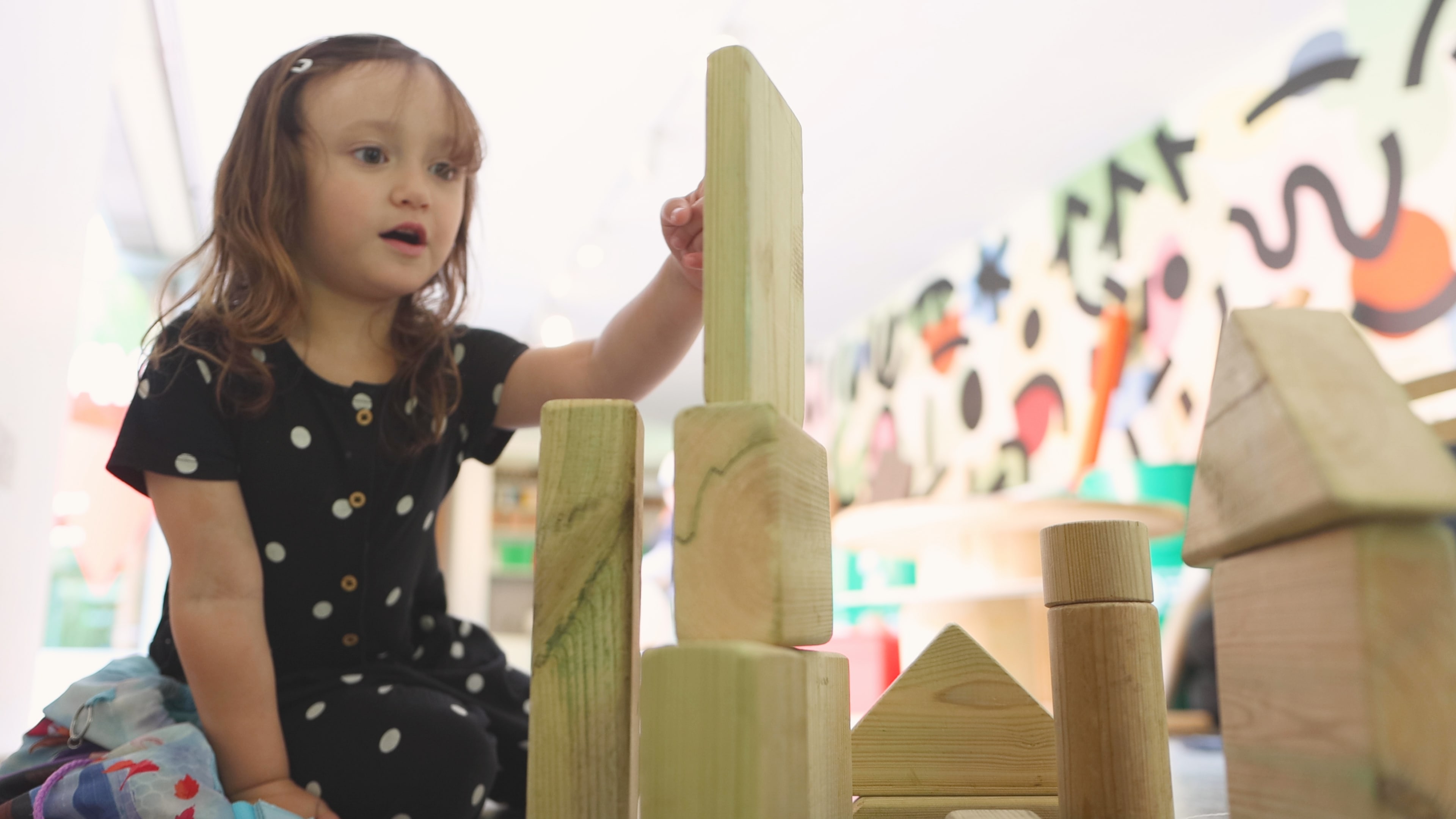
Working to make spaces and places available before then, Phillipson is launching a callout for schools in England to convert empty classrooms into state nurseries. Addressing significant concerns within the sector about recruitment and staffing, she said “We’re committed to doing it, we’ve got to ramp up the number of staff and we’ve got a real focus on that.”
In the News
With worrying statistics from primary schools reporting a rise in the number of children beginning reception classes wholly unprepared, with significant language delays and/or children still wearing nappies adding to the list of concerns, there is a real appetite within many schools to open a new nursery provision on site - particularly because of the impact they know that they can have in preparing young children in readiness for school.
“It’s about making it easy for parents to take up the entitlements that they’ve been promised, but also making sure that when children arrive at school they haven’t already begun to slip behind.” Phillipson explained.
“What schools say is that they know it makes a really big difference where children have had a high quality early education when they arrive at school, and anything that they can do to support children to make progress ahead of starting formal education makes a big difference to what they’re able to do as a school.”
“So there’s real enthusiasm to deliver more nursery classes within primaries from schools themselves and from school leaders. Often for parents who have already got children in school it’s incredibly convenient to be able to drop off your child at the same place, but also the connections a school can build, the progress a child can make when they are there for the year ahead of starting at school.”
What Does it Really Mean to Be ‘School Ready?’
There isn’t an exact definition of what ‘school readiness’ actually means and it’s broadly based on performance indicators and outcomes. The EYFS Statutory Framework describes it as 'the broad range of knowledge and skills that provide the right foundation for good future progress through school and life.'
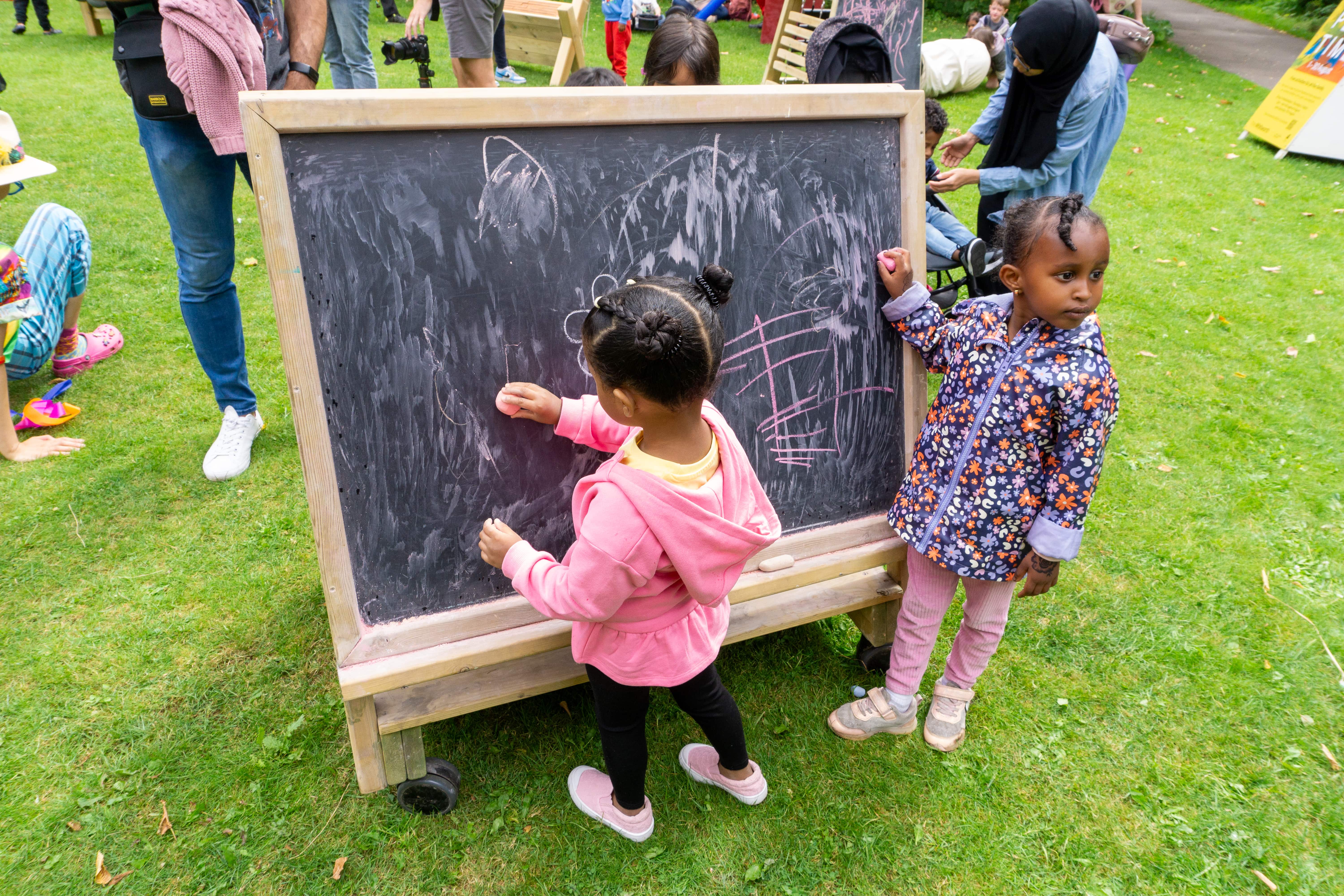
So while certain essential personal, social, emotional, physical, language and communication skills are considered, there is a broad spectrum of professional opinion on what ‘readiness’ is as a whole, and to some degree, it can be left open to interpretation.
Two Stages of ‘Readiness’
In practice there are actually two different stages of being ‘ready for school’ - the first applies to young children being ready to move on from nursery/preschool to start school in Reception, where they really begin to learn what going to school is all about. This is more of an institutional transition, making the move into a primary school environment.
The second stage is a child’s transition from Reception to Year 1, which is more of a curriculum-based transition moving into Key Stage 1. It’s in Reception that a child is preparing to step out of their Early Years, and on into the start of their journey through school.
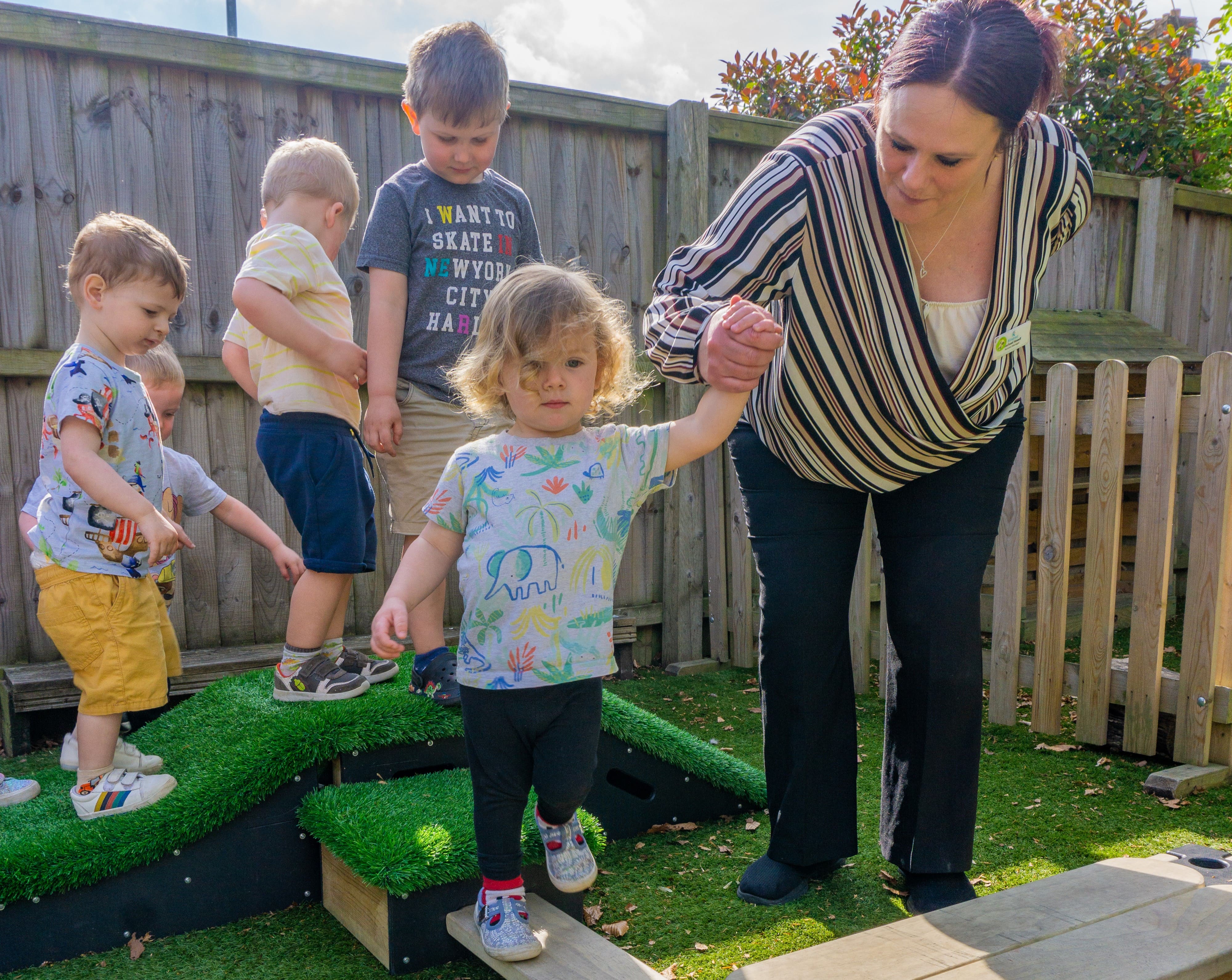
Of course children develop at their own pace and each child is different, so there is always going to be a gap in abilities between the ages of 4 and 5 in that fact alone - especially at this young age. A child born in September will be almost a whole year older than their classmate born in August, but joining Reception in the same academic year - it is impossible, and not the right thing to do, to compare the two.
A Headteacher’s View
A primary school headteacher defined their view of ‘school readiness’ in Ofsted’s ‘Are You Ready?’ guide:
"By four we would expect children to be ready to be separated from their parent or carer, to be able to demonstrate listening skills in being able to show interest and pay attention to a subject or stimulus. To have enough language to be able to express themselves if they need something and be able to communicate something about what makes them who they are, such as name, age and something about family or relevant factors in their life. To be able to interact with an adult and/or a peer. For example, during play to be able to take turns and take some responsibility for their actions. We think that children should be able to focus on, and show interest in, their work and the world around them. To make observations, notice things and ask questions. To be able to hold a book, understand some aspects of narrative and respond to some boundary setting.’”
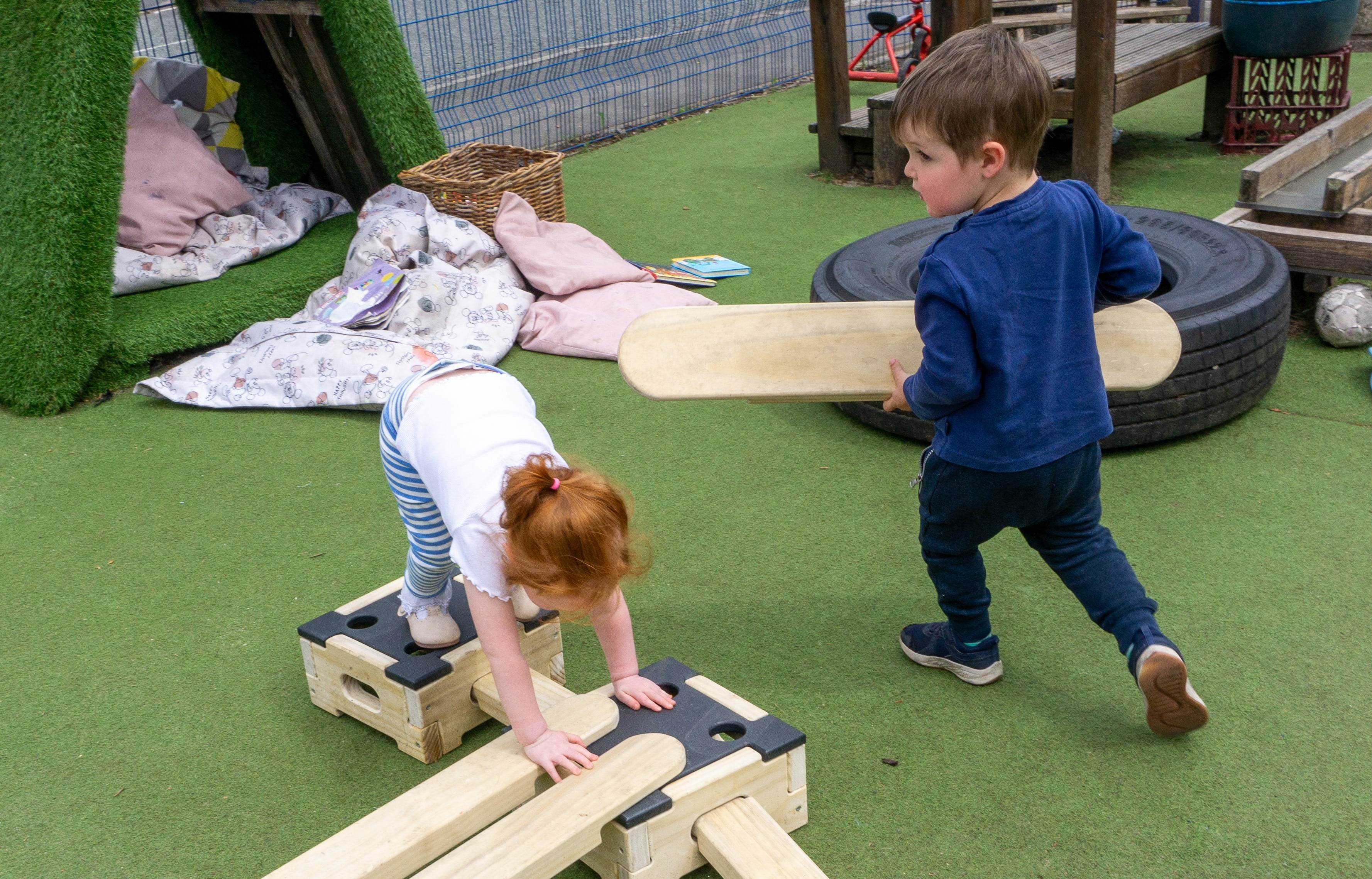
A child’s level of physical development is key to how they are going to cope within a school environment and whether or not they are going to need additional support. They’re going to need the fine motor skills that allow them to hold and manipulate a pencil for learning to write. They need to be able to care for themselves in terms of dressing, getting changed for PE and putting coats on to go outside, taking themselves to the toilet, eating and drinking throughout the day. They will be participating in all sorts of physical activities whether at playtime or through interactive learning.
Another important factor is whether or not a child is able to follow age appropriate instructions. Schools have rules and routines to follow, and children have to learn how to fit in with their systems and follow instructions.
However ‘ready’ a child may be when they begin school in Reception, they all bring with them a wealth of different experiences from different backgrounds. There is a huge differentiation across the country as to what these children can do, and what they can’t do yet, and of course this has a significant impact on a school’s resources and a teacher’s capacity to teach.
New Nursery Spaces Are Welcome News!
The role that Nurseries and Preschool environments play in preparing young children for school is of course absolutely vital!
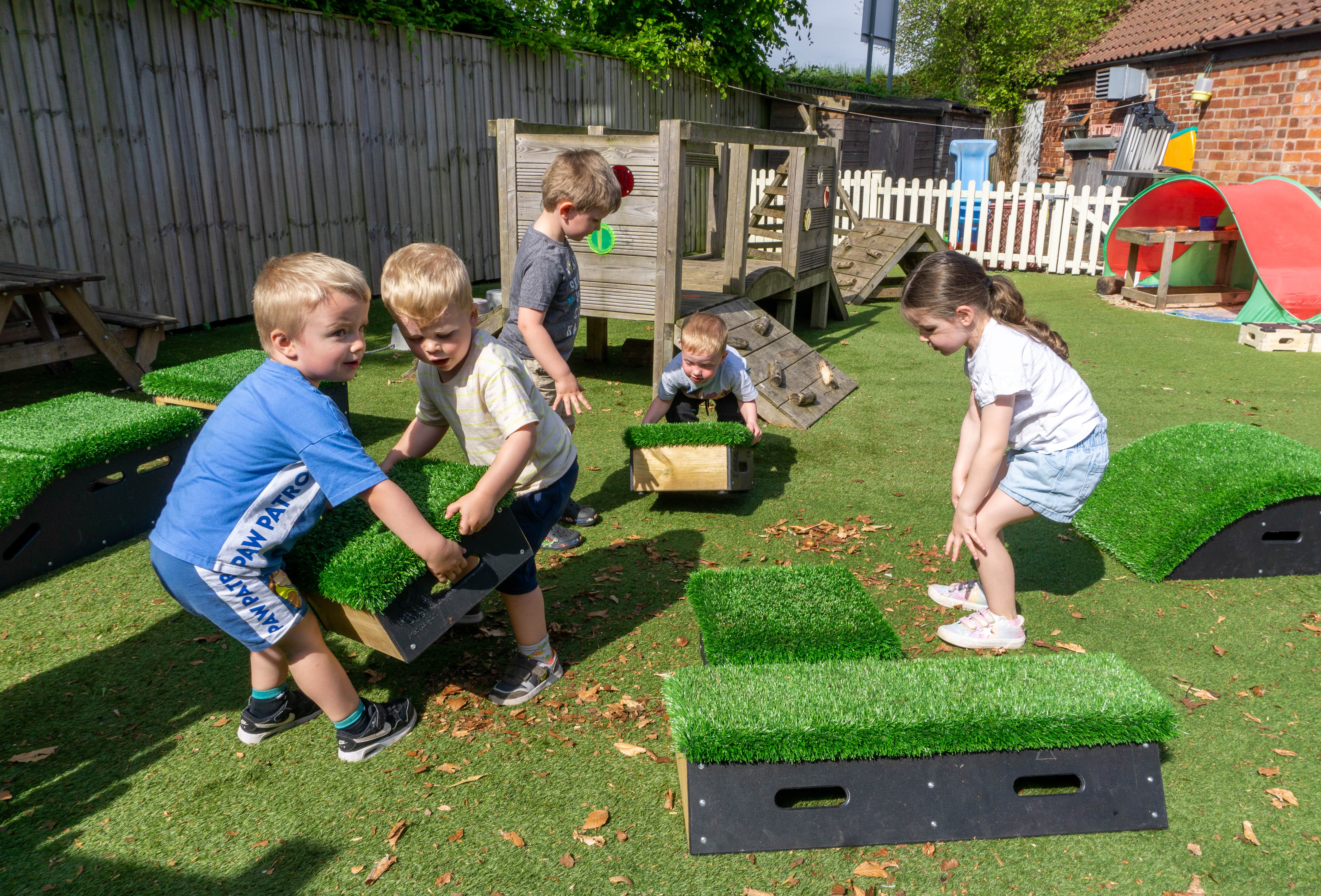
Reception teachers really only have a very short period of time to get children hitting the ‘good level or development’ required for moving into KS1 - and when a child arrives in Reception underprepared, when Reception teachers are left picking up the pieces, we have problems.
All the factors that are considered to contribute towards school readiness for moving into Reception are all the things that a child can and should be learning how to do every day in the comfort and safety of their nursery. The hope is that more much-needed nursery spaces will bring new opportunities for every child to have these hugely positive developmental experiences before they begin primary school.
A good nursery or preschool setting will provide the ideal environment for children to grow and learn, as well as being able to support teaching staff in identifying any difficulties that a child may be having, and where they might need additional support in order to be ready for school.
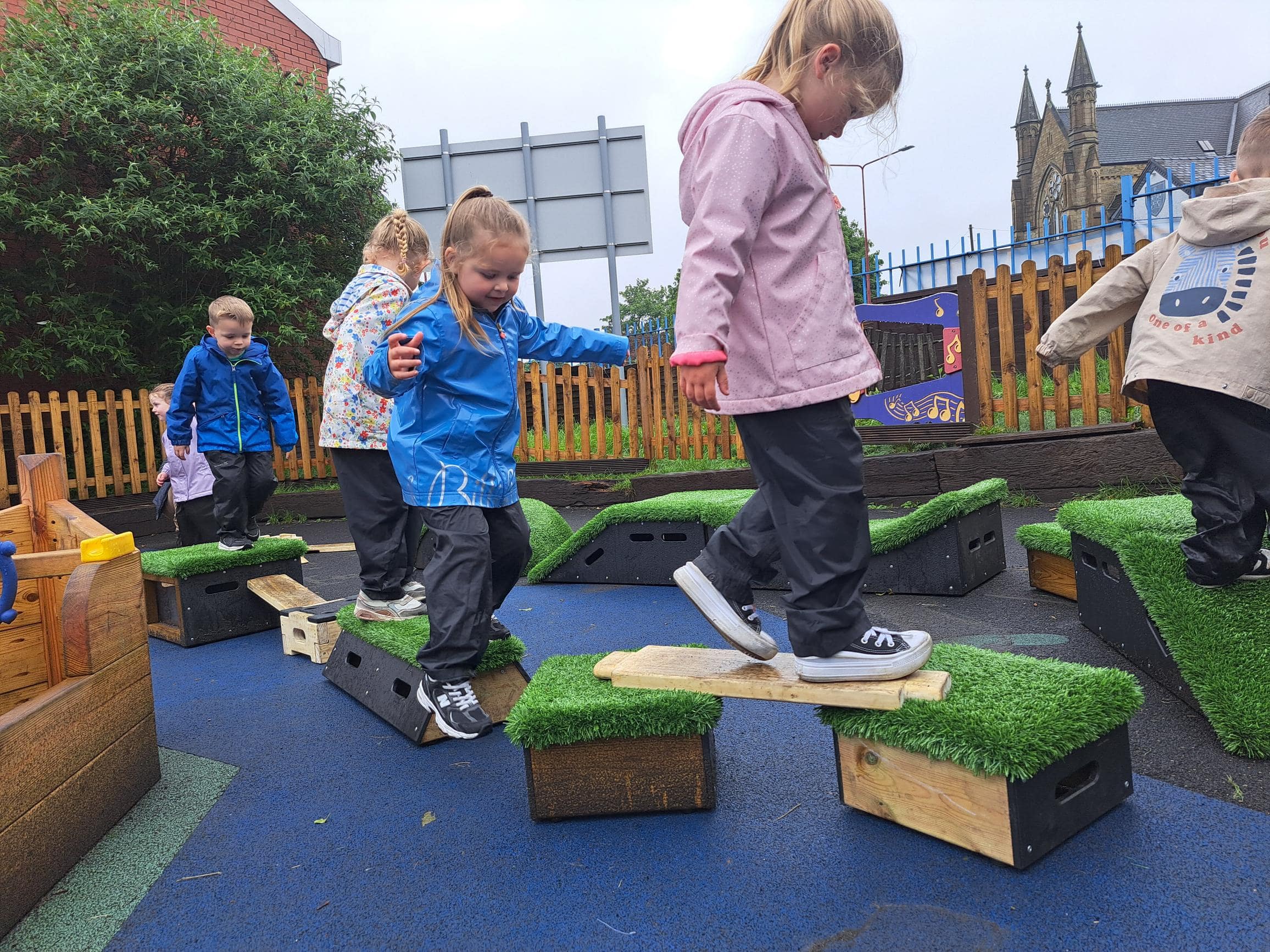
What matters is that children are supported in developing physically and emotionally, with age-appropriate social skills and an ability to communicate their needs, to listen to others, to take an interest in and question the world around them. If a nursery setting can achieve this, their little ones will be raring to go when the time to start school arrives!
How Pentagon Can Help New and Existing Nurseries with ‘School Readiness’
Here at Pentagon we have over 25 years of experience working in the education sector. As the UK’s Number 1 School Playground Equipment Specialist, we work with hundreds of schools and nurseries across the UK to plan, design and install age-appropriate outdoor learning environments that cater to each individual provision’s needs.
Taking Young Children Outdoors
We have a huge range of unique and thoughtfully designed playground resources that are all crafted in-house by our expert products team. We work closely with nurseries, schools and teaching professionals to ensure that our products deliver exactly what is needed to support all children’s development, whatever their ability, from a very early age.
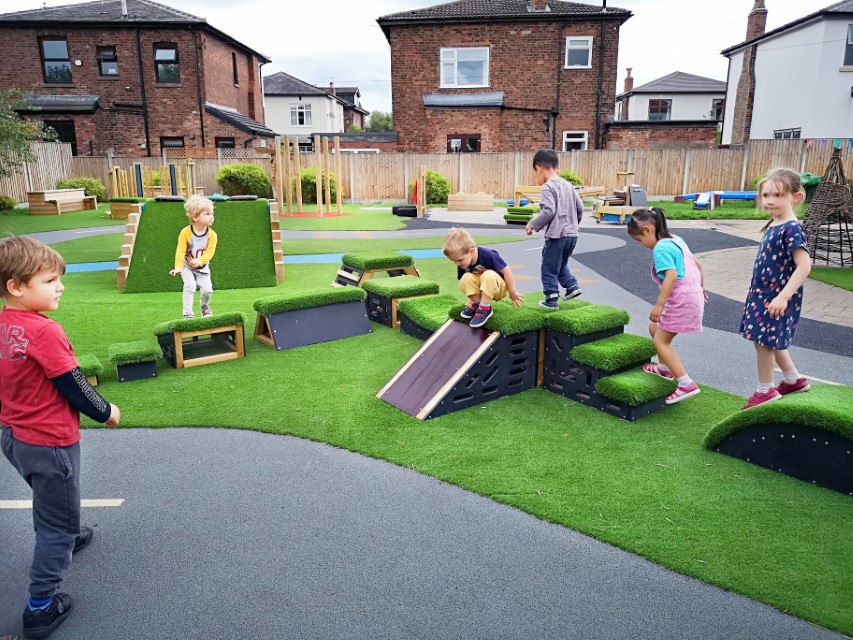
For magical messy play and creative arts that get young children exploring and using their hands, developing their fine motor skills - low-level climbing equipment and play frames for whole-body physical development, balance and coordination - music-making and performing arts for self-expression and building confidence - role play resources for developing language, communication and understanding of the world - den building and construction resources for critical thinking and imaginative play - our full range of products has something for everyone.
We have a number of all-weather solutions, from Canopies and Shelters to all-weather self-draining Surfacing that will allow children to access the outdoors for crucial Early Years development all year round.
We also supply and install a superb range of natural and fun interactive Playground Fencing and Security Fencing that can help to define Early Years play zones, and keep children safe and secure. This is particularly beneficial for schools looking to create new nurseries, where spaces are going to have to be divided - it’s an easy task for us!
Experience Expert Support
Our Outdoor Learning Consultants are always on hand at the end of a phone call to answer questions, and to work with you and your Nursery to help you achieve exactly what you want with your learning spaces.
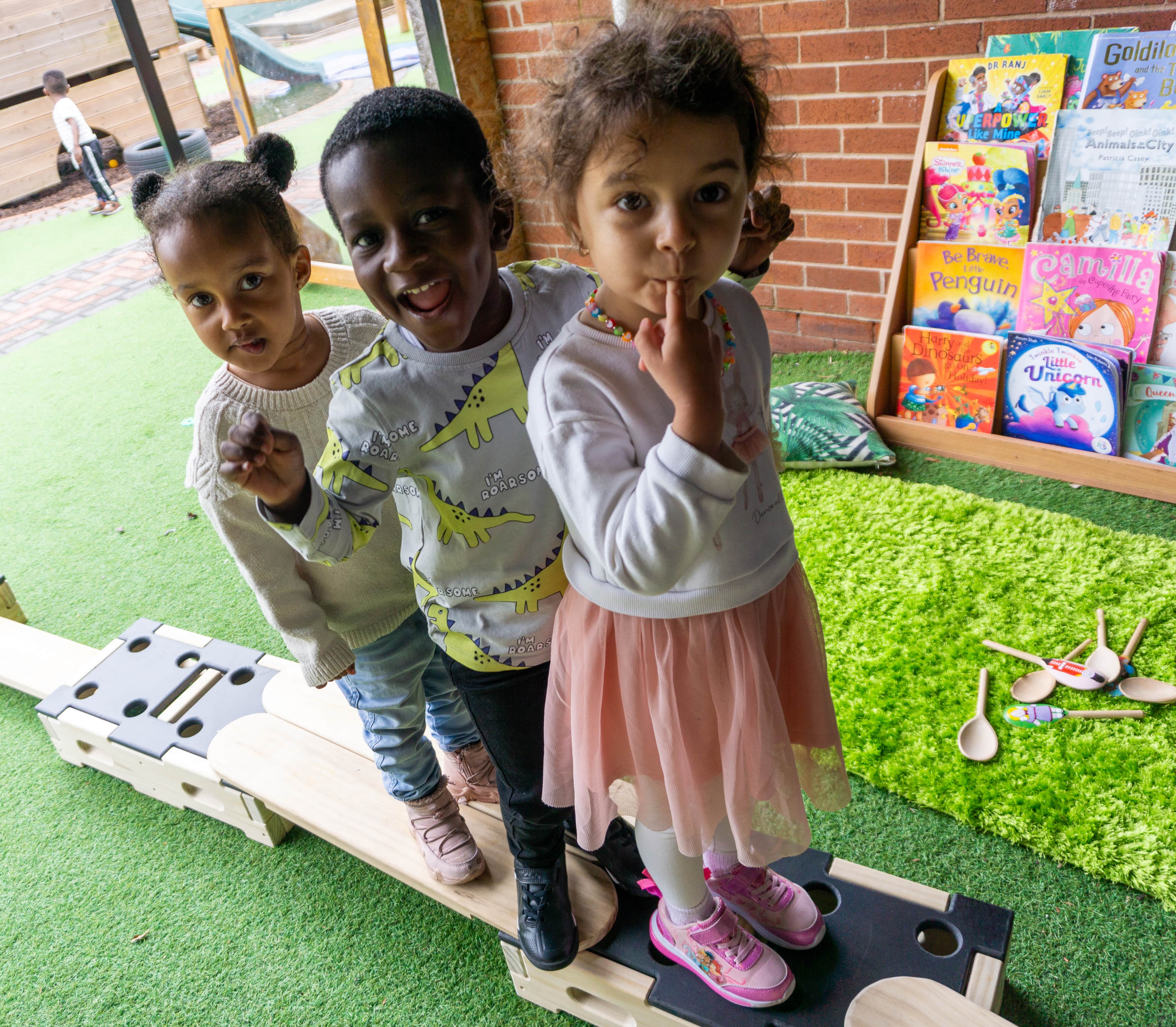
We will come to visit you on site to discuss your exact requirements, to listen to your needs, bringing our knowledge to help you to make best use of the spaces that you have available, within your budget. Whether you are a brand new Nursery looking to start from scratch, or a well-established Nursery that is looking to breathe new life into your current provision, we offer a free on-site initial consultation service to make sure that we get things right for you from the start.
Because we have the best in-house installation teams, we can be flexible with our designs and we can bespoke-build your Nursery garden according to its own geography.
Fitting Out Nurseries Indoors
In addition to our extensive outdoor learning services, we have recently partnered with Millhouse, the Early Years furniture solutions specialists with over 40 years’ experience of manufacturing furniture solutions for childcare.
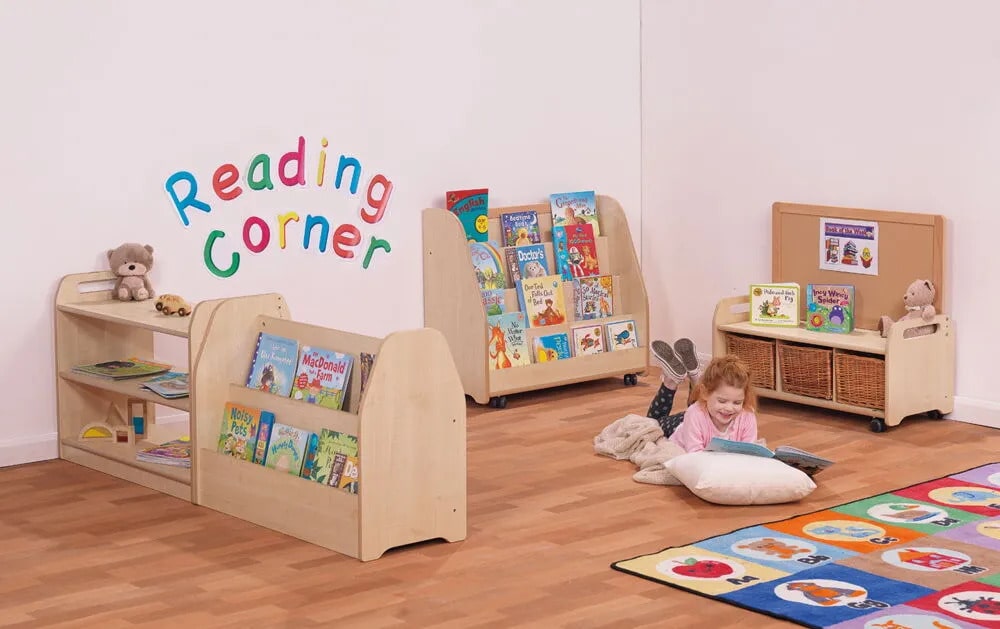
With their incredible Early Years furniture range, we can now supply Nurseries with the right indoor exploration and self-selecting discovery equipment that they need to support all of the EYFS areas of learning and development - and to help children in their care to reach their full potential.
If you would like to talk to us about how we can help you to transform classrooms and outdoor spaces into incredible EYFS learning environments, and to help your Nursery provision to prepare children in readiness for school, we would love to hear from you. Please do give us a call - we love to talk! Or if you prefer, you can send us a message, and we’ll give you a call back at a time that works best for you.




